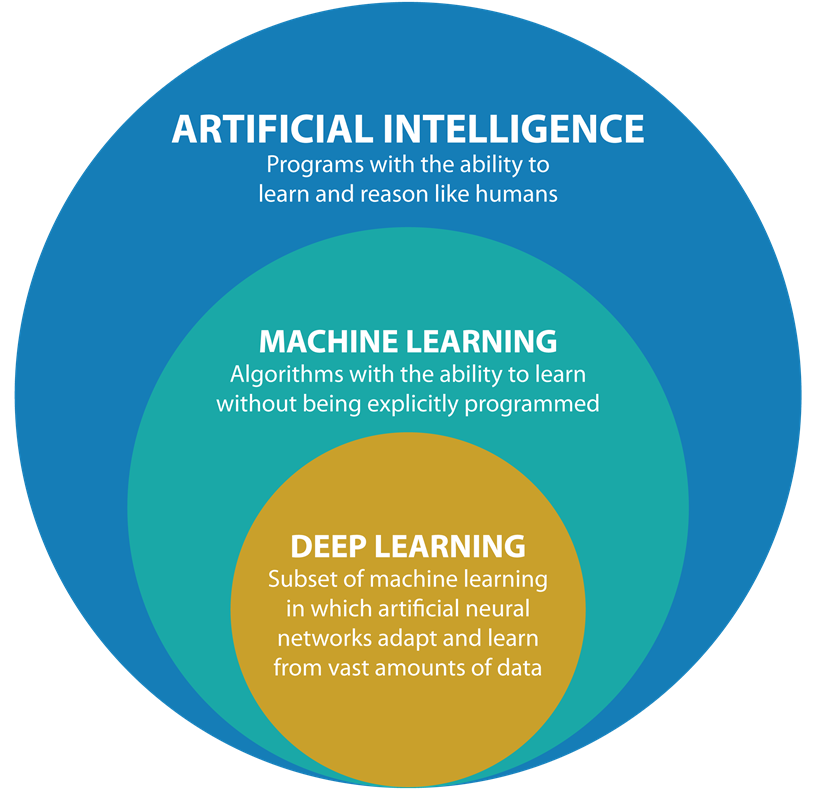Quiz: Big data analytics technologies and techniques

Big Data Analytics is one of the most exciting and transformative fields in Information Technology today. The rise of big data has driven the development of a wide range of powerful analytics tools and techniques that enable organizations to extract valuable insights from vast quantities of data. Quiz yourself on the latest Big Data Analytics technologies and techniques with this informative quiz.
1. What are some of the key technologies involved in Big Data Analytics?
Answer: Big Data Analytics relies on a range of technologies, including Hadoop, Spark, NoSQL databases, and data visualization tools. Hadoop is an open-source software framework that facilitates the distributed processing of large data sets across clusters of computers using simple programming models. Spark is a lightning-fast engine for Big Data processing that can handle both batch and real-time data, providing powerful data analytics capabilities. NoSQL databases are non-relational databases that are designed specifically for handling large, unstructured data sets. Data visualization tools enable users to explore data and to discover insights by creating interactive graphs, charts, and other visualizations.
2. What are some of the key techniques used in Big Data Analytics?
Answer: Big Data Analytics employs a range of advanced techniques, including data mining, text analytics, machine learning, and predictive modeling. Data mining involves the use of automated algorithms to discover patterns and relationships in large data sets. Text analytics involves the analysis of unstructured data such as social media feeds, customer feedback, and other textual data sources. Machine learning is a type of artificial intelligence that enables computers to learn and improve from experience without being explicitly programmed. Predictive modeling is the process of using data analysis tools to create a statistical model that can predict future outcomes based on past data.
3. What are some of the key benefits of Big Data Analytics?
Answer: Big Data Analytics provides a range of benefits, including improved decision-making, increased efficiency, and cost savings. By analyzing large amounts of data, organizations can gain valuable insights into customer behavior, market trends, and other factors that can drive business success. Big Data Analytics can also help organizations to improve operational efficiency by identifying areas where they can streamline processes and reduce waste. In addition, Big Data Analytics can help organizations to reduce costs by identifying opportunities for cost savings and optimization.
4. What are some of the key challenges of Big Data Analytics?
Answer: Big Data Analytics presents a number of challenges, including data integration, security, privacy, and the need for skilled data scientists. Integrating data from multiple sources can be difficult, especially when dealing with large and complex data sets. Security and privacy are also major concerns, as sensitive data may be at risk of theft or manipulation by cyber attackers. Finally, finding and retaining skilled data scientists who are able to work with Big Data Analytics technologies and techniques can be a major challenge for organizations.
5. What is the future of Big Data Analytics?
Answer: The future of Big Data Analytics looks bright, with continued innovation and development of new technologies and techniques. Artificial intelligence and machine learning will play an increasingly important role in Big Data Analytics, enabling organizations to make more precise and accurate predictions based on large and complex data sets. Blockchain technology is also expected to have a significant impact on Big Data Analytics, as it provides a secure and transparent way of sharing and storing data. Finally, as more and more organizations embrace Big Data Analytics as a key driver of business success, demand for skilled data scientists with expertise in Big Data Analytics technologies and techniques is expected to continue to grow.






